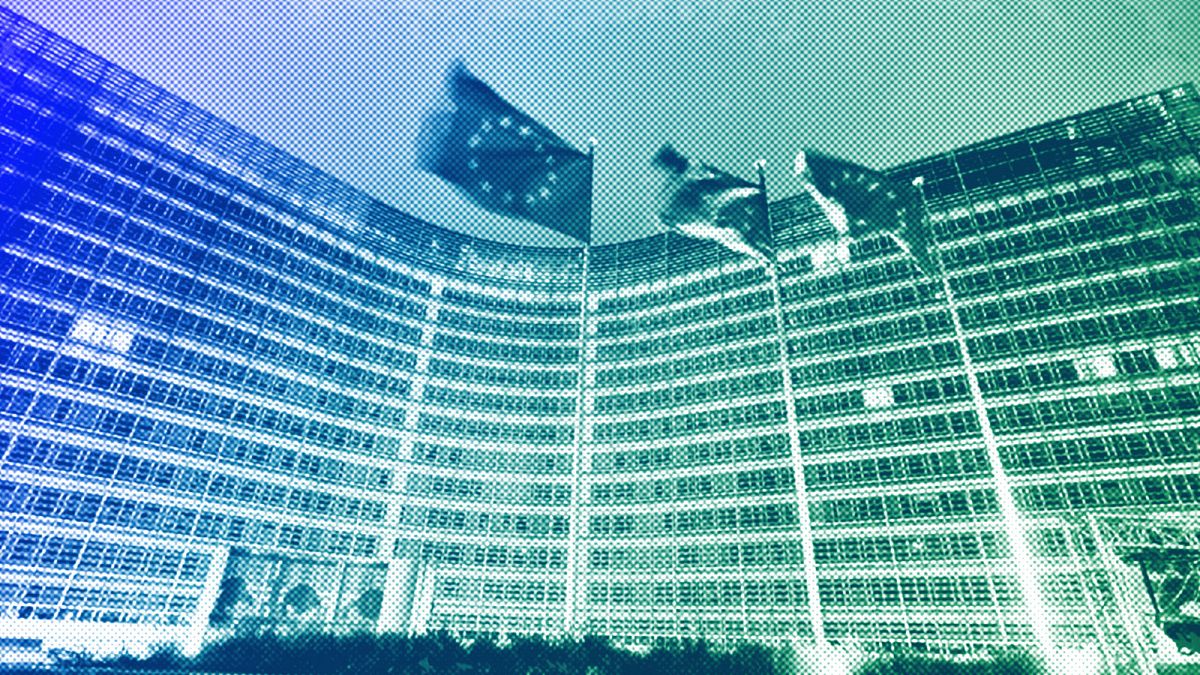Macron picks François Bayrou as prime minister to navigate France’s crisis
The appointment comes after Michel Barnier's government was toppled last week in a battle over public finances.
PARIS — French President Emmanuel Macron on Friday tapped François Bayrou to serve as France’s fourth prime minister this year, tasking the longtime centrist to help steer the country out of a political and budgetary quagmire with no clear solution in sight.
Bayrou, one of Macron’s earliest supporters, was long seen as a front runner for the job, but the messy, disorganized manner in which he was named to the post signals a difficult road ahead. Bayrou and Macron sat down together at the Élysée for nearly two hours Friday morning in what French media described as a “tense” meeting. Le Monde reported the French president told Bayrou he would not be prime minister.
The choice appeared to be debated until the last minute. Macron missed a self-imposed deadline to name a new premier by Thursday, before his office told reporters that a new prime minister would be named Friday morning. The statement from the Élysée was emailed to reporters shortly before 1 p.m. in Paris.
The decision in fact came so late that employees at the Matignon palace, the residency of the French prime minister, had rolled out the red carpet but could not determine what height they should set up the new PM’s microphone for the official transfer ceremony later in the day, a journalist on the scene from Agence France Presse said on X.
Though Bayrou ended up being named to a job he has sought for years, it’s unclear how the 73-year-old from southwestern France will be able to escape the same fate as his predecessor, Michel Barnier. Lawmakers from the far right and left united to torpedo his government last week after the former Brexit negotiator tried to pass an unpopular, slimmed-down social security budget to rein in the country’s massive deficit.
Barnier attempted to thread the needle through a fractured French legislature by securing the tacit support of Marine Le Pen’s National Rally, which worked for a time. The far-right party wielded an unprecedented amount of influence in policymaking and secured some key concessions in budget negotiations, but Le Pen eventually withdrew her party’s support for Barnier’s government over his budget plans.
Speaking to reporters shortly after news of his nomination broke, Bayrou said that he would work to reconcile a divided country.
“When you’re on a path and you know where you’re going, time isn’t wasted,” he said.
Bayrou’s immediate challenge will be to form a government that isn’t quickly taken down by the opposition, a difficult task considering his ministers will mostly hail from a narrow coalition of pro-Macron and conservative MPs of the previous cabinet.
The hard-left France Unbowed has already vowed to bring forward a no-confidence motion against Bayrou, though Marine Tondelier, the head of the Greens and linchpin in the broad leftist alliance, said her party would wait — but that it would have “no other choice” but to topple the new prime minister if he keeps in place Macron-era policies and outgoing ministers in key roles.
And while Socialist leader Olivier Faure slammed Bayrou’s appointment as “a choice that could worsen the democratic crisis,” he also signaled that he was prepared to work with the new government. In a statement, the Socialist Party said it wouldn’t vote to oust the government as long as Bayrou refrained from using a constitutional maneuver that forces through legislation without parliament’s approval.
National Rally President Jordan Bardella called on Bayrou to engage with opposition parties but said that the premier held “no democratic legitimacy or majority” and that the party’s red lines which brought down Barnier had not changed.
Bayrou has faced heavy political headwinds before and he’s proven to be a survivor. He has already held two high-ranking positions in government, serving as education minister under conservative Prime Minister Edouard Balladur in the 1990s and a brief stint as justice minister immediately after Macron’s election in 2017 — a job he was forced to resign after less than a month when he was placed under formal investigation for allegedly embezzling European Parliament funds.
At the time, Macron’s policy was that no one under formal investigation could be kept in government, a rule the president has since recinded.
Bayrou was eventually acquitted due to reasonable doubt, though prosecutors have appealed that decision. Other members of his centrist party — which is aligned with Macron’s — were sentenced to fines and suspended prison sentences after having been found guilty of paying party employees as parliamentary assistants to MEPs. Le Pen is currently on trial over similar allegations that threaten to derail her presidential ambitions. She has maintained her innocence.
Sarah Paillou and Clea Caulcutt contributed to this report
What's Your Reaction?




















































